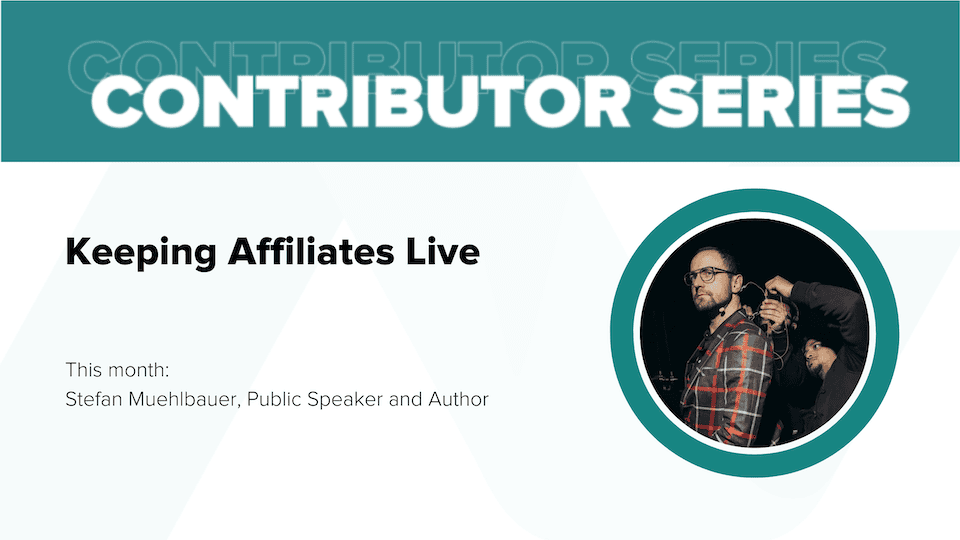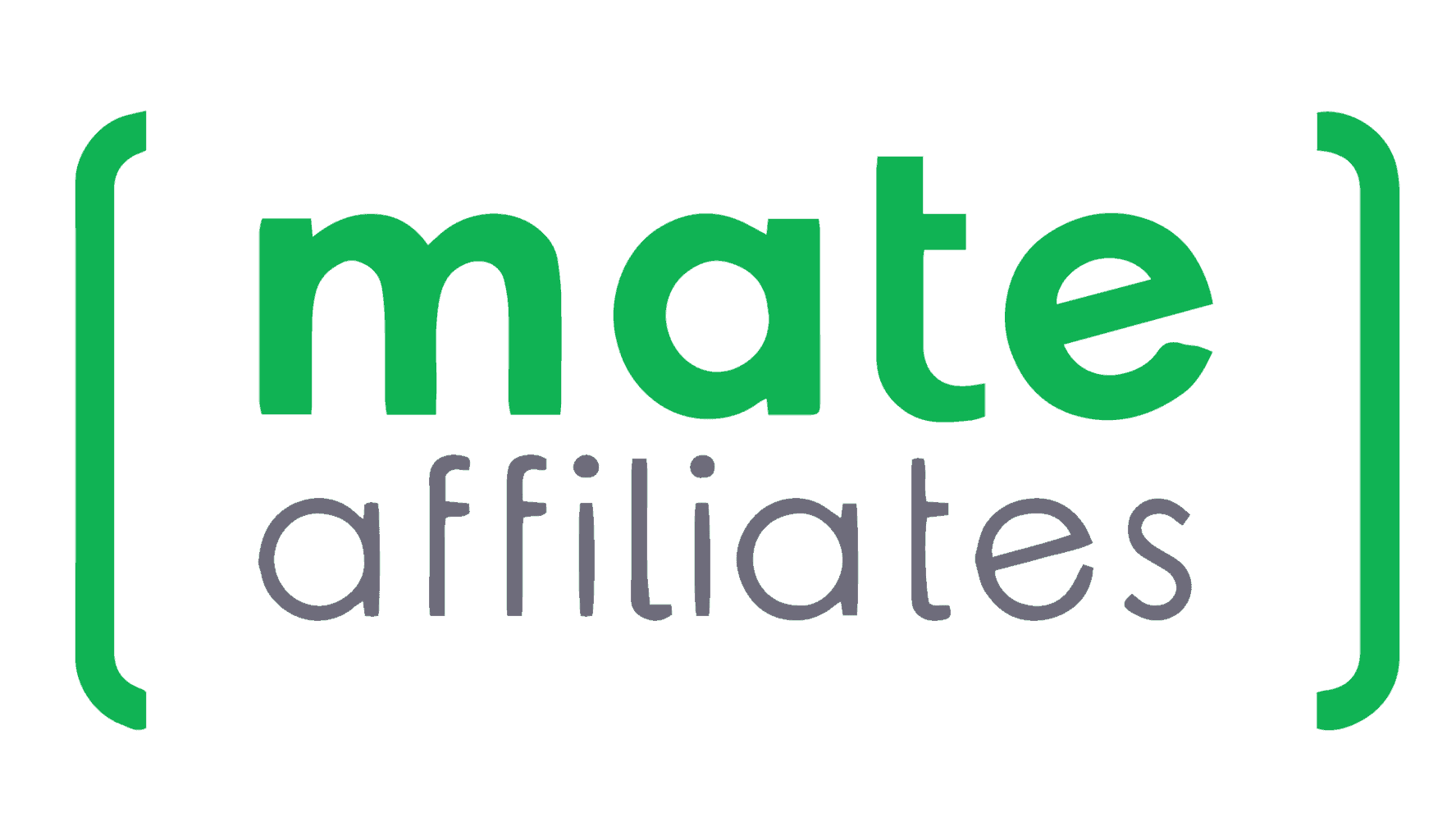With third-party cookies becoming obsolete, many solutions are being proposed that could get around the loss of data and tracking tools approaching. Google has put forward its Federated Learning of Cohorts API, or FLoC. However, these updates are not being accepted by the wider community.
What is FLoC going to do?
Third-party cookies were designed to track individual user activity depending on where they go online and what they do. FLoC is designed to be more privacy-centric. Users will be grouped together in groups of similar behaviours and interests, with these groups being called cohorts.
The idea is that there will be enough people in these cohorts for a user to be near anonymous. In turn, this will then increase data privacy for internet users. At the same time, advertisers and affiliate marketers will be able to effectively target ads to these users.
Cohorts are created by user behaviour, as mentioned above. The collection of domains that a user visits is called a SimHash. The SimHashes are then used to group individuals with similar interests into these cohorts. The interests are then passed on to marketers to use for their campaigns.
How affiliates could use FLoC
Google claims that FLoC is going to grant a good level of protection at an individual level while also providing crucial information to marketers. It is predicted that it could even see 95% of the ad conversions per dollar that third-party cookies currently receive.
This appears to be a neat answer to the question of how marketers can target online audiences effectively. Targeted ads are incredibly effective, but they can be difficult to properly construct. FLoC is just one tool of many that could be used to change this.
Companies saying no
While it might seem like FLoC could solve a lot of problems for marketers, there are some concerns being raised on behalf of customers. It is thought that this will lead to a form of discrimination as browsing behaviours will indicate certain things about individuals, even if they are hidden within a cohort. It could also result in certain aspects of your browsing history being revealed to a site that you have visited – something you wish to avoid.
This is why several search engines and browsers have chosen to block FLoC, and won’t be including it in updates on their platforms.
DuckDuckGo is one of the main voices that has come out in opposition to the software. They are well-known for their dedication to protecting the browsing habits of their customers. Privacy is key to them, and they are concerned FLoC is not going to be able to improve data privacy in the way that Google is claiming.
Other brands coming out in opposition to this software include Brave, Mozilla Firefox, and Microsoft’s GitHub.
FLoC is currently being tested in several countries around the world, with a view to roll it out to more if these initial tests prove successful. However, there is no denying that there has been a backlash against what has been created so far. For more universal appeal, it is likely that Google will have to make further updates to the software.























